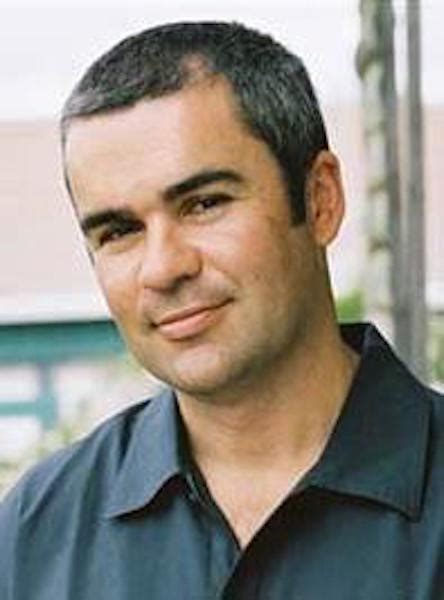A Quote by Paul Virilio
The research on cyberspace is a quest for God. To be God. To be here and there.
Quote Topics
Related Quotes
What it does remind us is that 'God' is not to be separated from the quest for the Kingdom of God and is not and cannot be the object of any detached 'scientific' contemplation. Heidegger's critique of onto-theology is also driving a wedge between speaking of God and the aims of science - not so as to get rid of God but rather to free God from a false objectification.
What is sin? It is the glory of God not honored. The holiness of God not reverenced. The greatness of God not admired. The power of God not praised. The truth of God not sought. The wisdom of God not esteemed. The beauty of God not treasured. The goodness of God not savored. The faithfulness of God not trusted. The commandments of God not obeyed. The justice of God not respected. The wrath of God not feared. The grace of God not cherished. The presence of God not prized. The person of God not loved. That is sin.
We cannot find God without God. We cannot reach God without God. We cannot satisfy God without God - which is another way of saying that all our seeking will fall short unless God starts and finishes the search. The decisive part of our seeking is not our human ascent to God, but His descent to us. Without God's descent there is no human ascent. The secret of the quest lies not in our brilliance but in His grace.
You hear a lot about God these days: God, the beneficent; God, the all-great; God, the Almighty; God, the most powerful; God, the giver of life; God, the creator of death. I mean, we're hearing about God all the time, so we better learn how to deal with it. But if we know anything about God, God is arbitrary.
I think that's the mother and father of all cop-outs. It's an honest scientific quest to discover where this apparent improbability comes from. Now [Francis] Collins says, "Well, God did it. And God needs no explanation because God is outside all this." Well, what an incredible evasion of the responsibility to explain. Scientists don't do that. Scientists say, "We're working on it. We're struggling to understand."
Mr. Langdon, I did not ask if you believe what man says about God. I asked if you believed in God. There is a difference. Holy scripture is stories...legends and history of man's quest to understand his own need for meaning. I am not asking you to pass judgment on literature. I am asking if you believe in God. When you lie out under the stars, do you sense the divine? Do you feel in your gut that you are staring up at the work of God's hands?
Never forget that when we are dealing with any pleasure in its healthy and normal and satisfying form, we are, in a sense, on the Enemy’s (God’s) ground…He [God] made the pleasure: all our research so far has not enabled us to produce one. All we can do is to encourage the humans to take the pleasures which our Enemy [God] has produced, at at times, or in ways, or in degrees, which He [God] has forbidden.
The approach we try to take here [Morris's Institute for Creation Research] is to assume that the word of God is the word of God and that God is able to say what He means and means what He says, and that's in the Bible and that is our basis. And then we interpret the scientific data within that framework.




































